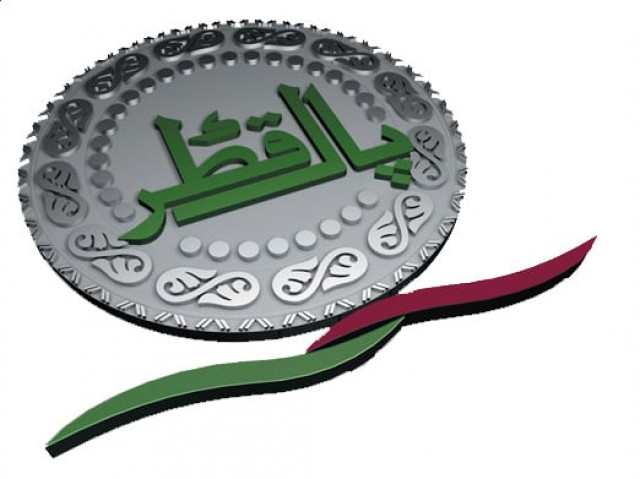For one insurance company, hiring madrassah students is good policy
Pak-Qatar Takaful tries to recruit seminary graduates in its sales force.

While Pak-Qatar – an insurance firm owned by a consortium of Qatari financial institutions and the Qatari royal family – does recruit from all types of secular educational institutions, it also makes it a point to ensure that religious seminary students are not left out from its recruitment drives.
“We feel that these students also deserve an opportunity, just like college students,” said Pervaiz Ahmed, the company’s CEO.
Pak-Qatar is one of the smaller life insurance companies in Pakistan, which just over Rs1 billion in assets. Nevertheless, the company plans on expanding rapidly across the country and having its own retail sales force is a key part of its strategy. The firm currently has about 1,450 salespersons in 32 cities across Pakistan.
Madrassah students appear to be a key component of that sales force, with about 300 graduates of the eight-year religious education programme currently working for the insurance company.
The synergy is almost natural, if somewhat stereotypical: madrassah students are much more likely than the general population to feel uncomfortable with conventional insurance products and are thus attracted to a company that is Shariah-compliant.
While the company does not actively conduct recruitment sessions at any religious institutions, its human resources department appears to be well-geared to handling the academic credentials of madrassah graduates, as well as dealing with their specific shortcomings in a secular education.
“We provide them with training, in both English and the insurance business,” said company executives.
The graduates themselves appear to be well pleased with Pak-Qatar as an employer.
“They give you so much respect when you go and apply for a job that you end up recommending them as an employer to your other [madrassah] friends,” said Muhammad Waqas Rana, a Karachi-based insurance salesman and a graduate of the Jamia Darul Uloom Karachi, one of the largest madrassahs in the country.
The company also seems to be happy with the seminary graduates it hires. “They tend to be about three to four times more productive than ordinary college graduates,” said Ahmed.
Pak-Qatar is also very explicit about ensuring that the graduates have upward career mobility, perhaps the product of the fact that the CEO himself started off as a lowly trainee at State Life, the government-owned insurance company.
Every salesperson is taken on as a trainee for six months, during which they are paid only commissions and are required to make about Rs300,000 in sales. After they are able to do so, they are hired full-time as relationship managers and paid a starting salary of Rs22,000, with full benefits.
The company also makes sure that its salespersons are provided the opportunity to rise within the company hierarchy.
Pak-Qatar is one of the few white collar employers that makes it a point to hire from amongst Pakistan’s 1.5 million madrassah students.
While most of the seminary students only go through the Hifz programme – where they simply rote memorise the Arabic text of the Quran without knowing what it means – a significant proportion of them go into the Alim programme, designed to train them to become religious scholars.
The Alim programme includes coursework in Arabic literature and grammar, Quranic exegesis, a study of Hadith and even philosophy. The graduates of the eight-year programme are typically fluent in Arabic and Farsi by the time they complete their studies, in addition to being capable of critical analysis. The government recognises their degrees as being the equivalent of a masters degree in Arabic and Islamic Studies.
Yet the exit opportunities for most of them are either to teach in other madrassahs, become a mosque prayer leader or work blue-collar jobs. The mismatch between their education level and their employment prospects often leads to frustration, something that Pak-Qatar appears to be combating with their recruitment policies.
Published in The Express Tribune, November 10th, 2011.


















COMMENTS
Comments are moderated and generally will be posted if they are on-topic and not abusive.
For more information, please see our Comments FAQ